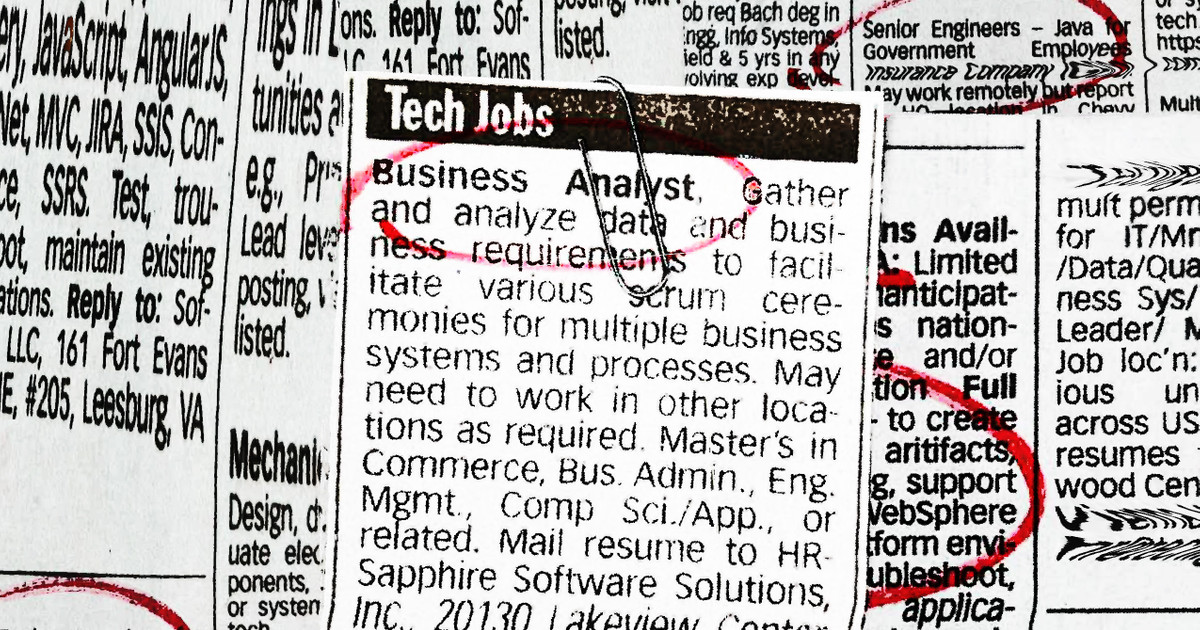To anybody familiar with the PERM system, those words meant the ad was not really intended to find applicants. I had entered one of the most overlooked yet consequential corners of the United States immigration system: the process by which employers sponsor tech workers with temporary H-1B visas as a first step to getting them the green card that entitles them to permanent residency in the U.S. It is a process that nearly everyone involved admits is nonsensical, highly vulnerable to abuse, as well as a contributor to inequities among domestic and foreign tech workers.
There is even less attention given to what happens with these foreign workers — three quarters of whom are now from India — when many decide they want to stay beyond the six-year maximum allowed for an H-1B recipient (a three-year term can be renewed once). To qualify for a green card, workers must get their employers to sponsor them via the Permanent Labor Certification process, aka PERM. And to do that, employers must demonstrate that they made a sincere effort to find someone else — a U.S. citizen or permanent resident — to do the job instead.
These columns of ads that are not really looking for applicants underscore the challenges facing American tech workers and the striking disparities in the current immigration landscape. While restaurants, meatpackers and countless other businesses now risk having workers targeted by U.S. Immigration and Customs Enforcement, tech employers have largely escaped Trump administration scrutiny for their use of foreign labor. Among the companies sponsoring many H-1B employees for green cards every year are ones aligned with President Donald Trump, such as Oracle, Palantir and Musk’s Tesla.
This is a huge deal.
TLDR: They’re filing dummy job openings at dummy locations so they can hire H-1B (mostly from India) to fill those spots instead of Americans. They’re cheaper, can be treated poorly and are usually in the servitude of the company that hired them for 10 years.


